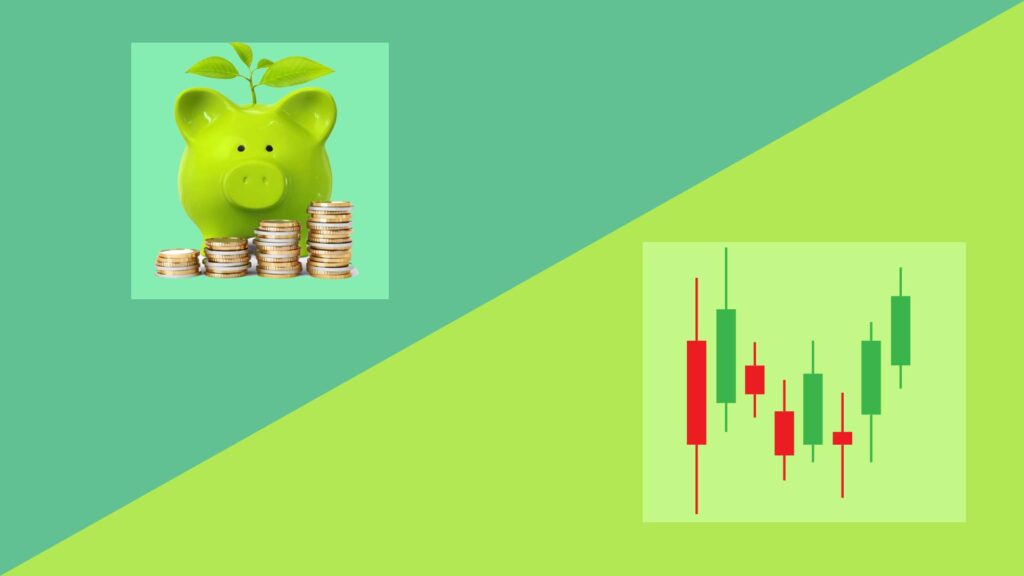Commodity investments can help you diversify your holdings and protect against inflation. To get going, take note of these crucial steps:
1. Get Familiar- Start by familiarizing yourself with the various categories of commodities, including agricultural, energy (natural gas), precious metals (gold, silver), and more. Recognise the variables that affect their prices, such as the dynamics of supply and demand, current geopolitical events, and the state of the economy.
2. Select Your Method– Commodities can be invested in using a variety of strategies. Buying tangible commodities like gold or silver is one popular strategy, but it can be time-consuming and expensive. As an alternative, you can think about investing in commodities mutual funds, commodity ETFs, or futures contracts, which provide exposure without requiring physical storage.
3. Choose a Brokerage: To trade commodities, register for a trading account with a trustworthy brokerage that provides access to the commodities exchange. Make sure they supply the particular financial products you are looking for.
4. Diversify: As with any investment, it’s important to be diversified. To reduce risk, think about distributing your assets among several commodity kinds. Mix commodities with other investments, such as stocks and bonds.
5. Risk Management: The price of commodities fluctuates. To safeguard your wealth, clearly define your risk tolerance, stop-loss limits, and investment goals.
6. Stay Educated – Stay up to date on news and happenings that affect the commodities you own. Commodity prices can be impacted by economic statistics, weather patterns, and geopolitical conflicts.
7. Long-Term View: Given that some commodities may be cyclical, it is advisable to take a long-term view. Don’t let the occasional price dip depress you.
8. Storage and Costs: If you make an investment in tangible goods, be ready to deal with security issues and storage expenses.
9. Tax Implications: Recognise that your commodity investments may have different tax consequences than stocks and bonds.
10. Exit Strategy: Establish a well-defined plan for your departure. A target price, a deadline, or an occasion—recognizing when to sell and when to buy—are crucial components of successful investing.
In conclusion, investing in commodities can add value to your portfolio, but it necessitates knowledge, careful strategy development, and vigilant risk management.






